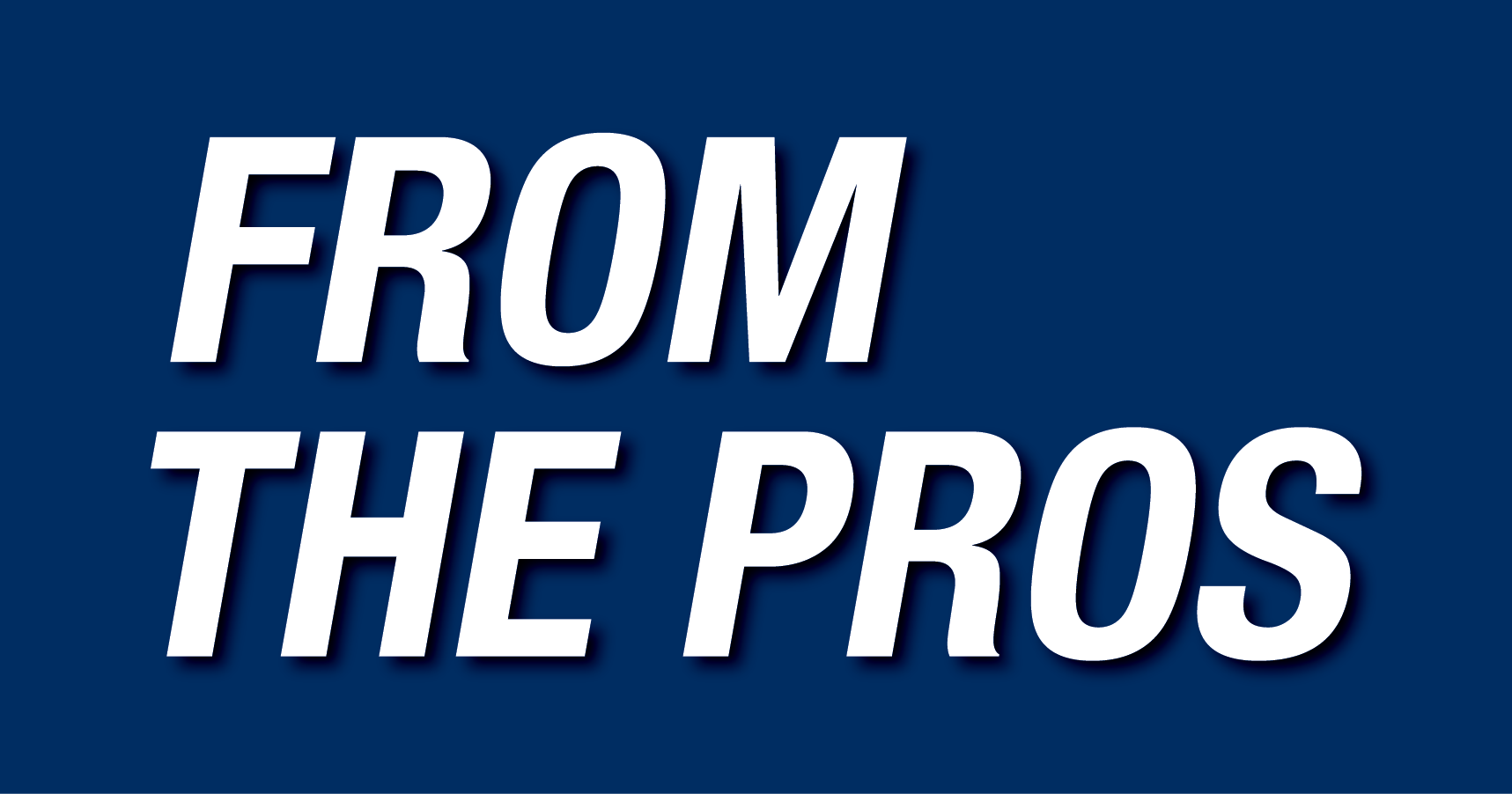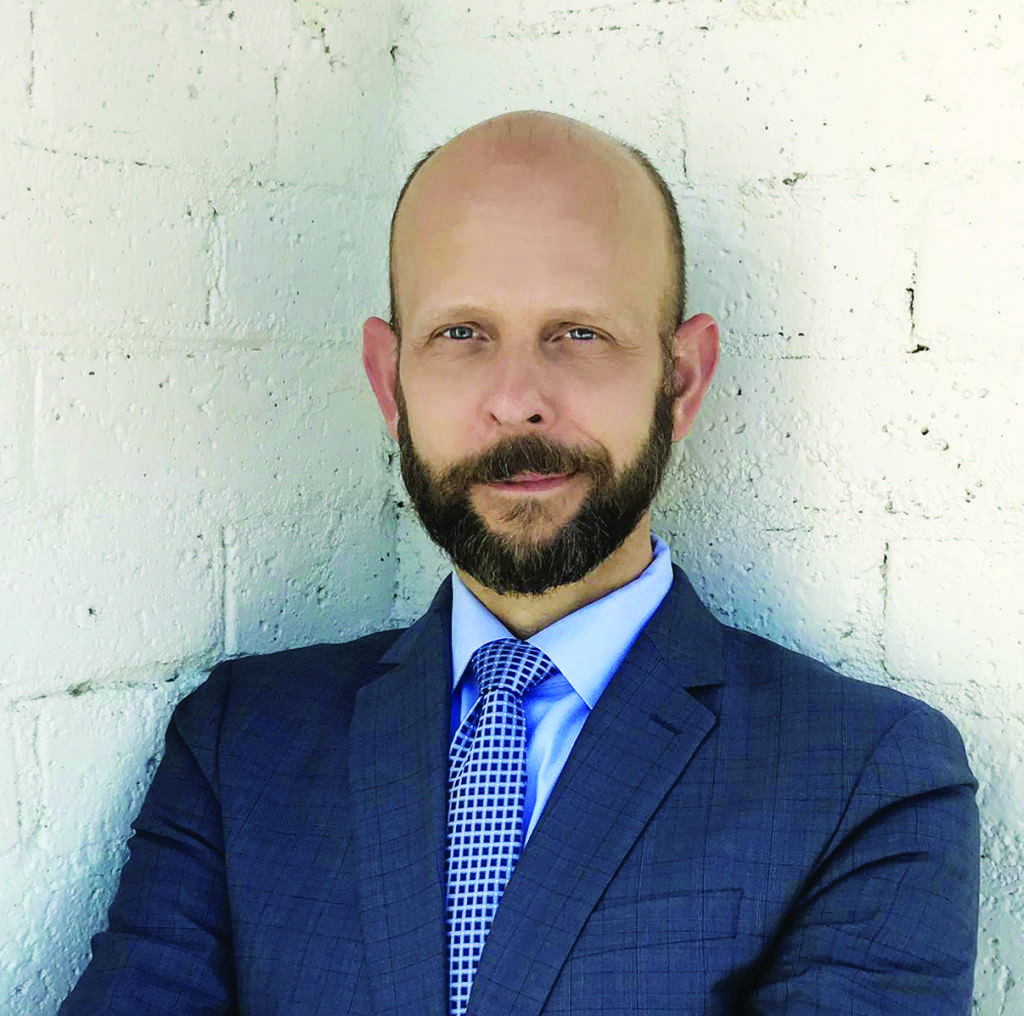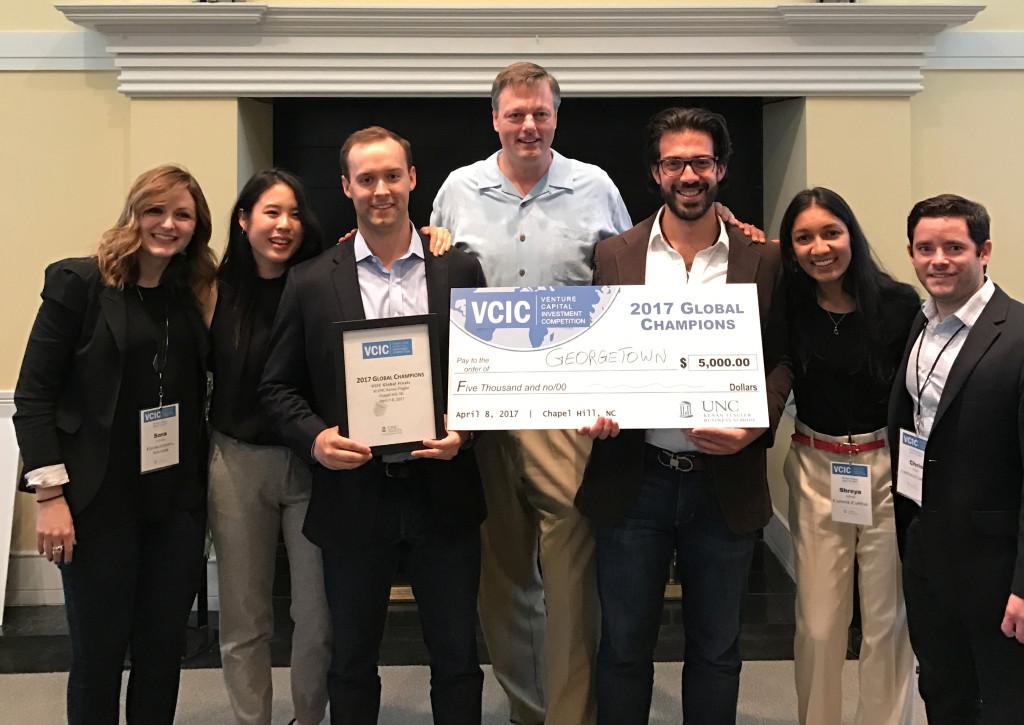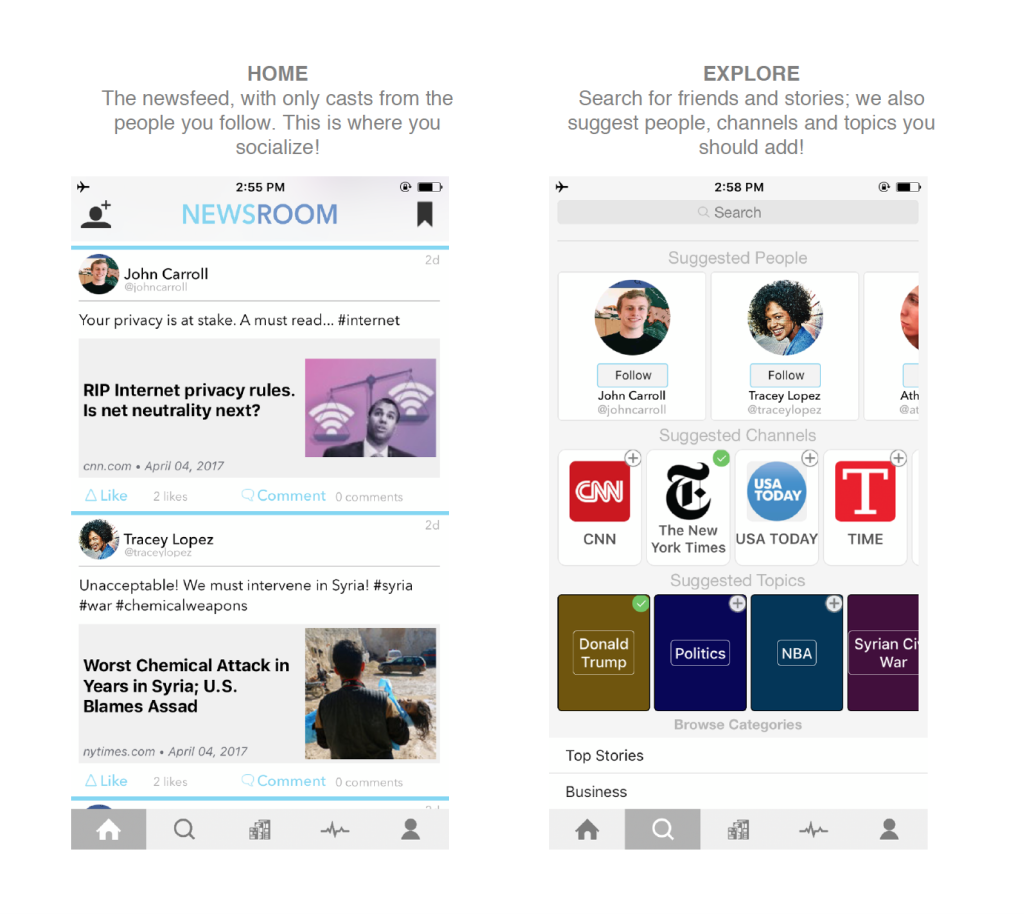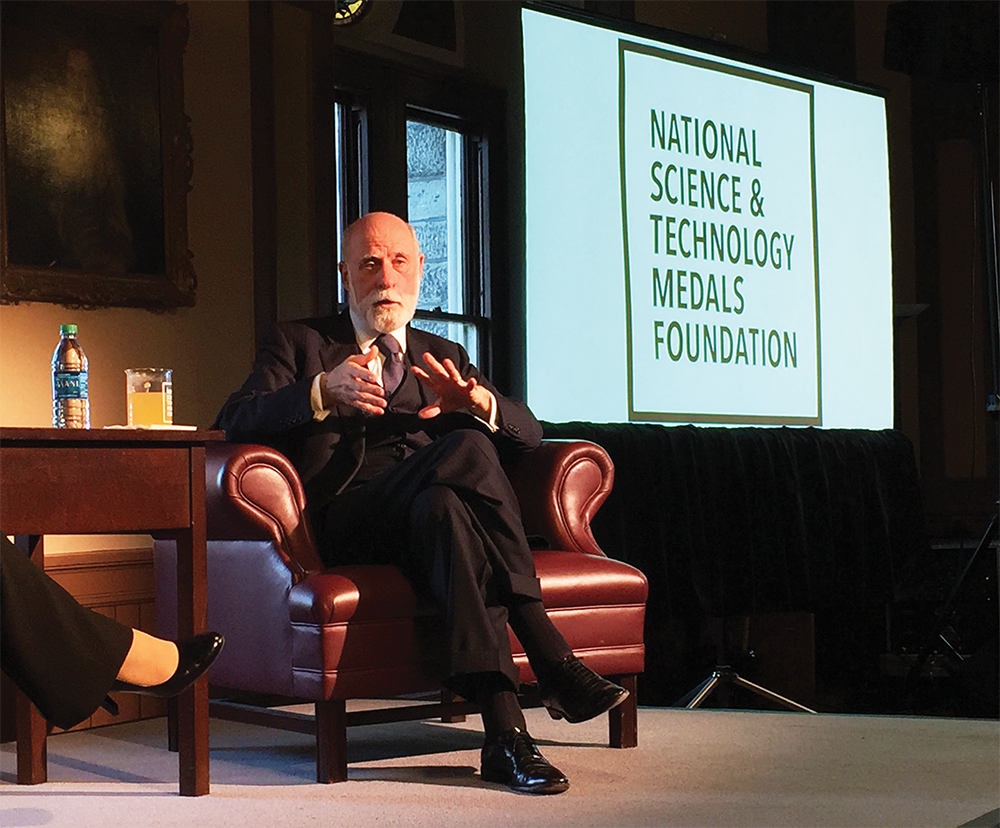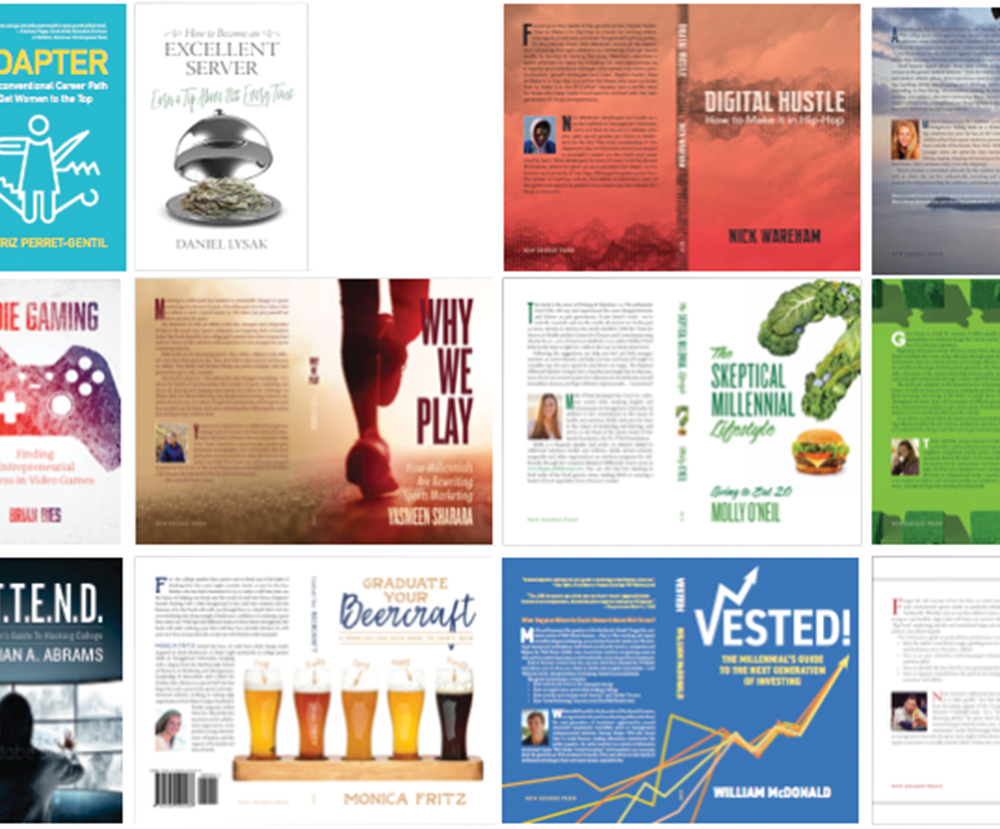In the midst of recruiting season for the service, banking and consulting sectors, The Hoya spoke with experts attending events sponsored by the Cawley Career Education Center. These recruiters, associates, analysts, consultants and other professionals were asked for their insights and advice to guide students interested in pursuing careers in their areas. In coming weeks, The Hoya will offer more tips from the pros and insiders in companies from across the business spectrum.
Rachel Hawkes
Senior Operations Manager, Morningside Translations
Why should students want to work for a company like Morningside Translations?
Morningside Translations is a rapidly growing company with a global presence. There are opportunities to really grow within your own department, and also to go abroad and build relationships with clients and vendors. You get to connect with people on a more intimate level.
Andrew Lyu
Strategy Associate, Capital One
Why should students want to work for a big firm?
One of the biggest pros of working for a big firm is that a large company has the scale and the dedicated talent to really make sure that you have the right skills. They can really track where your skills are, so you really get an intense training program.
Xiao Xiao
Data and Policy Analyst, Acumen
Why do you like working for a company with younger employees?
I like the really energetic environment, and we have people the same age, so we share opinions and everyone’s fresh out of school. We can train together, we can make friends — it’s really nice to become friends with your co-workers — and also you can learn a lot from each other.
Preston Poon
Associate, Charles River Associates
Why should students want to work in economic consulting?
Economic consulting is a good intersection between law and business where you’re able to actually use a lot of the economics that you’re learning in your undergraduate background and apply them to business cases. You also get to use a lot of quantitative skills such as data analysis and econometrics in your everyday work, which is very different from management consulting when you’re actually able to quantify the effects of a merger or create evaluation for an intellectual property case. So being able to kind of combine that quantitative background with the qualitative skill set is very important and I feel like it will take you to wherever you want to go.
Submit your questions to [email protected].


